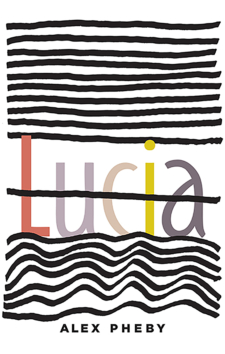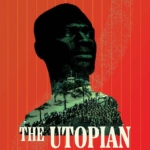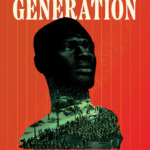Description
A seminal novel of African decolonization available for the first time in English translation.
Lisbon, 1961. To escape surveillance by the dictatorship’s secret police, African students meet at the Casa, a campus club, where they dream of the homelands they will free from colonialism. Following four young revolutionaries who dream of building an epic campaign for a liberated, socialist Angola, The Utopian Generation charts the intertwined destinies of Sara, an idealistic doctor; Aníbal, an intense intellectual; Vítor, an aspiring political leader; and Malongo, a party-hopping soccer player. But when repression scatters them, they move from Europe to Africa, from idealism to disillusionment, from terror and battlefield violence to love, loss, grief, corruption, and cold-blooded calculation.
Vast in scope yet intricate and revealing in its insights into the psychological tensions of colonialism, The Utopian Generation is widely considered in the Portuguese-speaking world an essential novel of African decolonization—and is now available in English translation for the first time.
Praise for The Utopian Generation
“Pepetela’s great novels suggest a continuity between generations, a harmonization of differences in a single totality. This urgency of belonging, this structure that contains differences and sets them into conflict, is, in the end, Angola … Even as time disutopianizes generations, Pepetela remains a generation of his own.”
—Mia Couto
“Remarkable on several counts … The Utopian Generation provides a unique vision of the recent turbulent history of Angolan society as seen by a disillusioned revolutionary.
—World Literature Today
“In The Utopian Generation, Pepetela penetrates inside his characters to understand how they have been shaped by their experience of momentous events. He explores their individual values, their psychology, as well as the most intimate recesses of their minds.”
—Ana Mafalda Leite, The Postcolonial Literature of Lusophone Africa
“A novel of epic proportions that offers a multidimensional historical view of three crucial decades of modern Angolan history from 1961 to 1991. It is the first novel to offer a sustained, probing, heart-wrenching as well as in-depth critique of the postcolonial national project.”
—Fernando Arenas, Lusophone Africa: Beyond Independence








